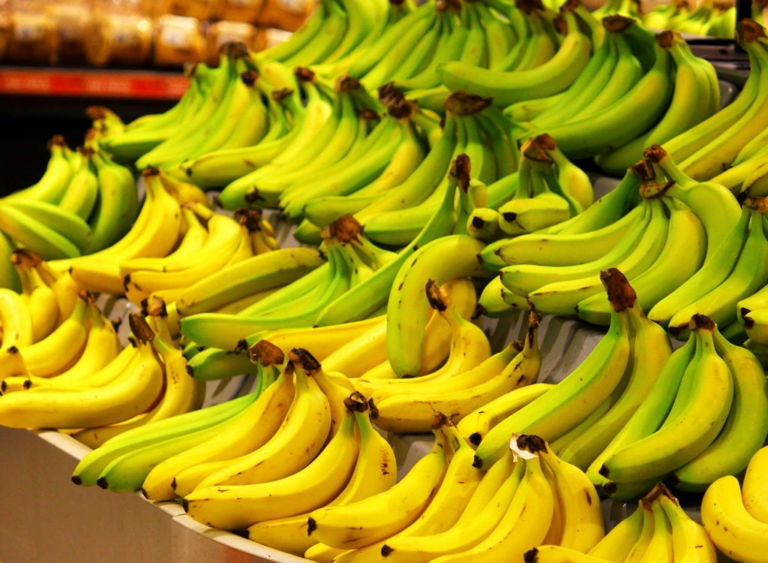The Banana Boom: Global Trade and Economic Impact

Bananas, once considered an exotic luxury, have become a staple in households worldwide, fueling a global trade phenomenon that has shaped economies, transformed landscapes, and impacted the lives of millions. The banana boom is a testament to the intricacies of international trade, agricultural practices, and the socio-economic dynamics of the regions involved.
1. A Tropical Treasure Goes Global:
The journey of bananas from tropical regions to global markets is a remarkable tale of agricultural expansion. Originally cultivated in Southeast Asia, bananas made their way to the Americas through European explorers. The tropical climates of countries like Ecuador, the Philippines, and Costa Rica proved ideal for large-scale banana cultivation, setting the stage for the global banana industry.
2. Rise of the Banana Republics:
In the late 19th and early 20th centuries, multinational corporations established extensive banana plantations in several Central American countries, giving rise to the term “Banana Republics.” Companies like United Fruit Company (now Chiquita Brands International) and Dole played a pivotal role in shaping the economic and political landscapes of countries like Honduras, Guatemala, and Colombia.
3. The Impact on Employment:
Banana plantations have been both a source of employment and a subject of labor controversies. While they provide jobs for millions of workers in developing nations, labor practices on some plantations have been criticized. Issues such as low wages, inadequate working conditions, and disputes over labor rights have been challenges within the industry.
4. The Role of Transnational Corporations:
Transnational corporations dominate the global banana trade, controlling a significant portion of production, distribution, and marketing. The influence of these corporations extends beyond the agricultural sector, impacting political and economic dynamics in the regions where bananas are grown.
5. Economic Dependence and Vulnerability:
For many banana-exporting countries, the economic significance of banana production is immense. However, heavy reliance on banana exports can create vulnerability, as demonstrated by the impact of diseases such as Panama disease and Black Sigatoka, which have devastated banana crops, causing economic setbacks for entire nations.
6. Technological Advances and Challenges:
Advancements in transportation and refrigeration have played a crucial role in the global banana trade. The ability to transport bananas over long distances without spoilage has expanded market reach. However, this technological success also raises concerns about the environmental impact of transportation and the carbon footprint associated with long-distance trade.
7. Fair Trade and Sustainability:
In response to concerns about labor practices and environmental impact, the banana industry has witnessed a growing movement toward fair trade and sustainable practices. Certifications such as Fair Trade and Rainforest Alliance aim to ensure that bananas are produced ethically, with fair wages for workers and environmentally responsible farming practices.
8. The Influence on Consumer Culture:
Bananas have become an integral part of global consumer culture. The accessibility and affordability of bananas make them a popular choice for consumers around the world. The global appeal of bananas has led to a diverse array of banana-based products, from snacks to desserts, contributing to a broader culinary landscape.
9. Challenges and Opportunities for the Future:
The banana industry faces ongoing challenges, including the threat of diseases, concerns about environmental sustainability, and the need for fair labor practices. However, it also presents opportunities for innovation, investment in sustainable agriculture, and the development of resilient varieties to withstand potential challenges.
In conclusion, the banana boom is a fascinating story of global trade, economic impact, and the intricate interplay of agriculture, industry, and society. As one of the most traded commodities in the world, bananas continue to shape the economies of both producing and consuming nations, creating a dynamic and complex global network that extends from tropical plantations to kitchen tables worldwide.

